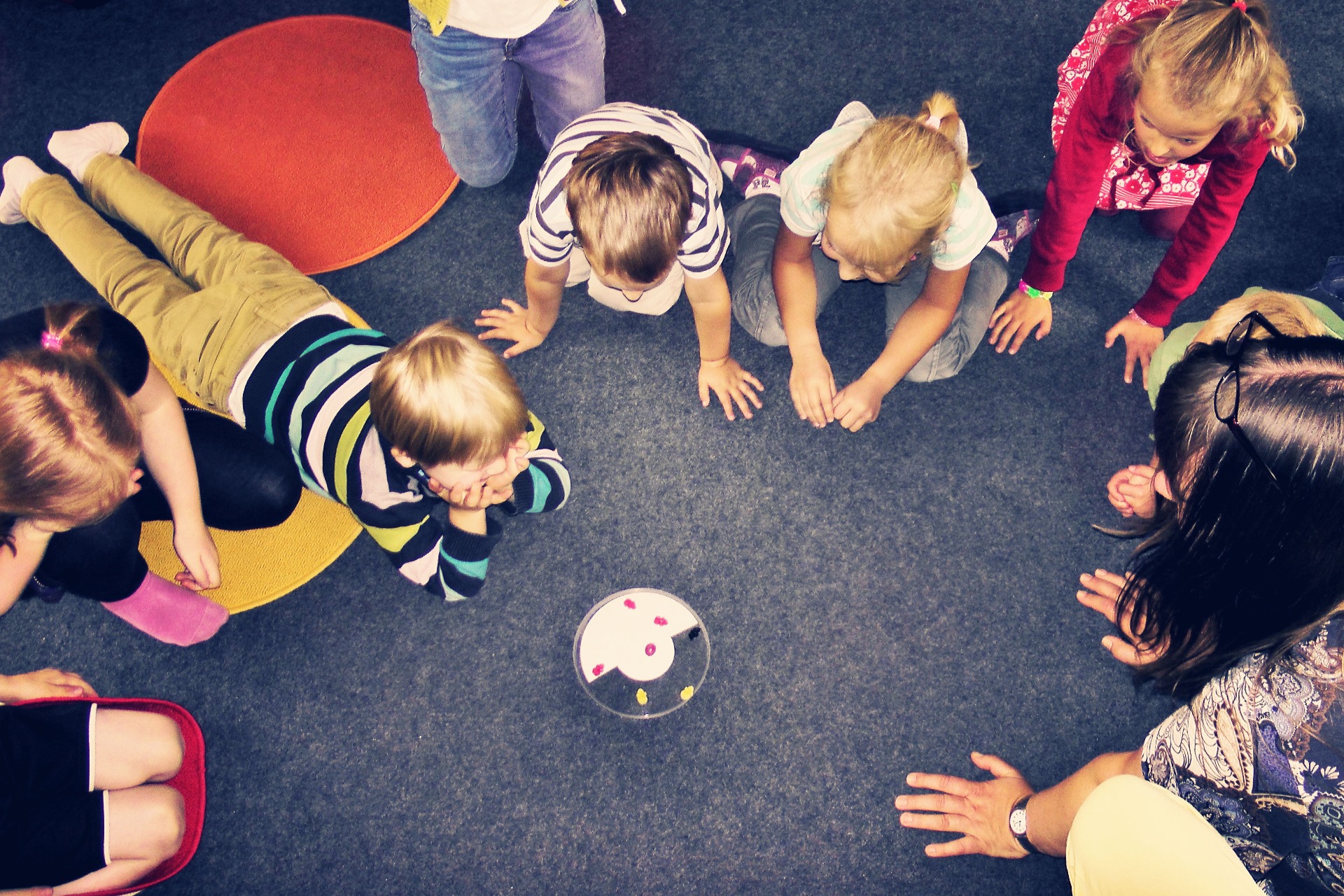Vocabulary

Essential Vocabulary
Social Structure Theories are Definitions that focus on how social factors (such as poverty, education, and family) influence juvenile behavior.Examples are strain theory, social disorganization theory, and cultural deviance theory.
Social Process Theories are Defined as theories that investigate how interactions and processes shape juvenile delinquency.Examples include differential association theory, social learning theory, and labeling theory.
Social Reaction Theories (Labeling Theory) are theories that analyze how societal reactions (labels) affect a young person's self-concept and behavior. Their importance is understanding the impact of labeling on juvenile offenders.

Vocabulary Strategies
- Making Meaning from Context: Encourage students to read sentences or paragraphs containing the new vocabulary terms. Discuss the context in which these terms appear. Ask students to infer meanings based on the surrounding words and the overall message.
- Vocabulary Game: Word Association: Divide students into pairs or small groups. Provide one student with a vocabulary term (e.g., "strain theory"). The student must quickly say a related word (e.g., "stress," "pressure," "conflict"). Continue the chain until someone hesitates or repeats a word. This game reinforces connections between related terms.
- Interactive Word Wall: Create a classroom word wall with the essential vocabulary. Include definitions, synonyms, and visual representations (such as images or symbols). Encourage students to add examples or personal connections to each term. Refer to the word wall during discussions and activities.
